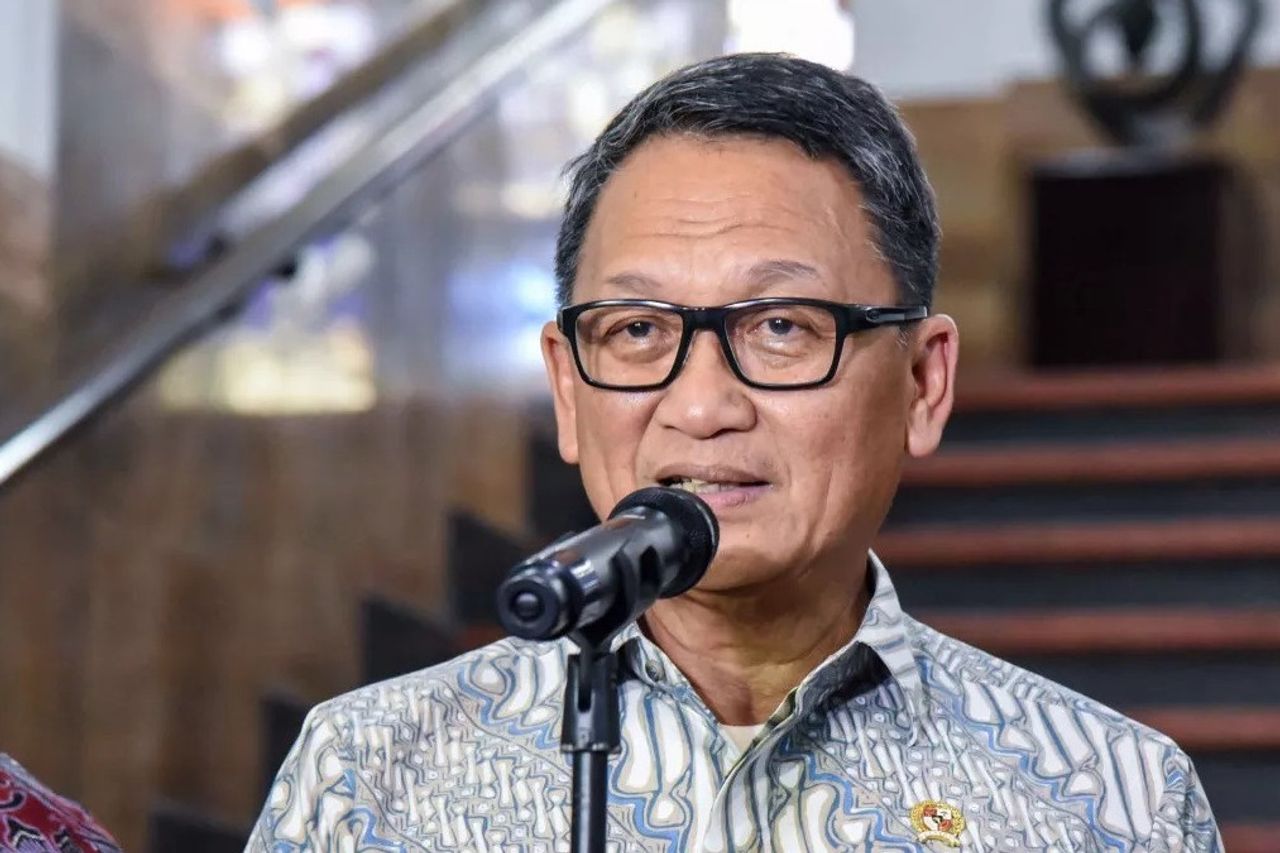Starting April 1, 2020, The Industrial Gas Price Will Be 6 US Dollars Per MMBTU

JAKARTA - The government has decided that the price of natural gas should be lowered to an average of 6 dollars per million British thermal unit (MMBTU) at the consumer plant gate starting April 1, 2020. The decline in gas prices will not reduce the amount of oil and gas contractor revenue.
These were the results of the decision on a limited meeting via video conference chaired by the President of the Republic of Indonesia on Wednesday, March 18th. The plan to reduce gas prices follows Presidential Decree No. 40 of 2016.
"To be able to adjust the price of 6 US dollars per MMBTU, the gas price in the upstream must be reduced by between 4-4.5 US dollars per MMBTU, and transportation and distribution costs can be reduced between 1-1.5 US dollars per MMBTU," said the Minister of Energy and Mineral Resources Arfin Tasrif after the limited meeting.
The reduction in gas prices was also applied to the electricity sector in order to provide affordable electricity to the community and support industrial growth. The decline in gas prices for industries including fertilizer and PLN did not add to the burden on state finances.
There will be a reduction in government revenue in the upstream oil and gas sector. However, there are additional government revenues from taxes and dividends, savings on electricity subsidies, fertilizer and PLN compensation, as well as savings due to the conversion of power plants from diesel to gas.
"Of course the consequence is in the upstream gas sector, government revenue can be reduced, but this can be compensated for by reducing the cost of subsidies and (reducing) compensation costs (PLN), and contributions from increased taxes and dividends. There are also savings from the conversion of power plant fuel from diesel. to gas, "said the Minister of Energy and Mineral Resources.
The decline in revenue in terms of gas transportation and distribution will be compensated for, among others, by guaranteeing gas supply, additional gas supply, and company efficiency.
"Regarding the cost of gas transportation, we have also discussed with the main gas transporters, so that investments that have been operating for 10-12 years have a depreciation value that can be considered, and make efficiency in the company itself with a significant contribution. We are also working to ensure that flow needs. We have prepared gas (gas allocation) to meet the pipeline capacity. We urge gas transporter to open up access to other gas suppliers, so that the volume can be optimized even more, "added Minister Arifin.
As it is known, there are quite a lot of gas sources in Indonesia. Minister Arifin said that there is a gas source from the Sakakemang field which will operate in 2021. Then in 2023, there is gas that has been sold abroad which will be allocated domestically.
"Then we will continue to develop the gas infrastructure. We must be able to install pipelines from Aceh to East Java, then in Sulawesi and Kalimantan. This will take up to 2 to 3 years. Apart from pipes, we also have to have more receiving terminals so that LNG. "This can be accommodated on the receiving terminal so that it can be distributed to users," concluded Minister Arifin.
The decline in gas prices will encourage the creation of a multiplier effect and economic growth, including the creation of new jobs. In addition, it will increase industrial competitiveness for export and import substitution, as well as maintain the sustainability of the fertilizer industry in the context of national food self-sufficiency and security.
